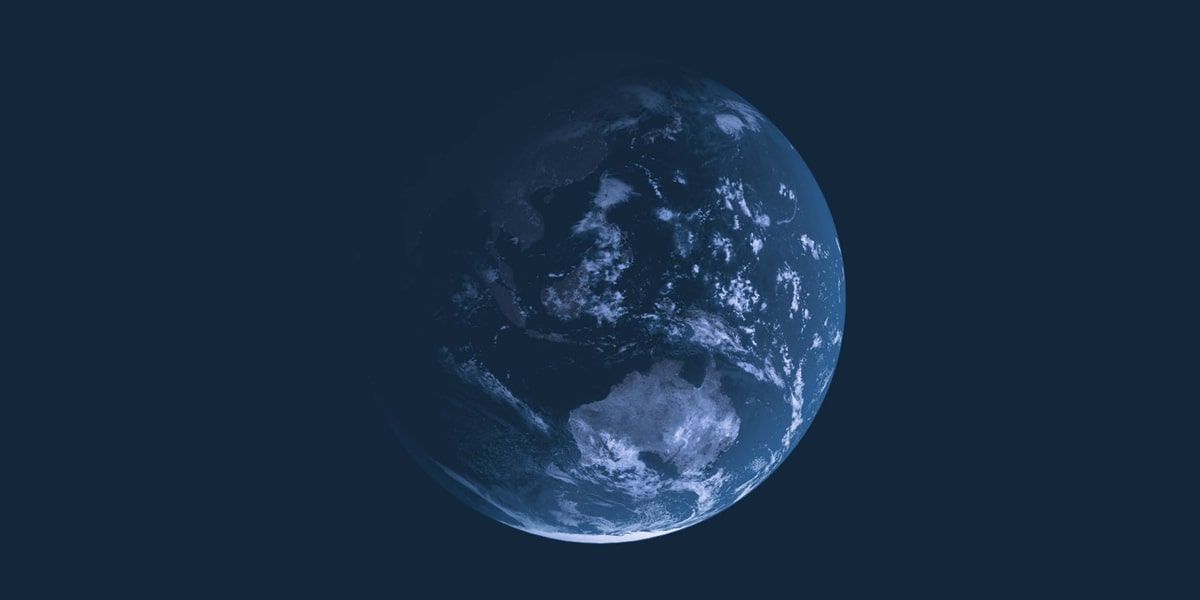China and Taiwan Are Big Pacific Donors – ButNot for Gender Equality
Originally published on The News Lens

This year, Lowy Institute researchers used Pacific Aid Map data among other sources to ascertain how much aid has been spent on gender equality initiatives in the Pacific between 2008 and 2020, from all donors, including non-traditional ones, Taiwan and China.
Gender equality is not just a development priority for donor countries driving the agenda – it is a target in the 2050 Strategy for the Blue Pacific Continent, a vision set out by the Pacific Islands Forum members for a more prosperous and stable Pacific Islands region.
China and Taiwan’s investments were a particular interest given the relative lack of transparency around these programs when contrasted with those reporting to the Organisation for Cooperation and Economic Development. China is known to focus on infrastructure and security, while Taiwan remains a significant donor in the few Pacific nations that continue to diplomatically recognise it, investing in agriculture, health and industry.
But less well understood is to what extent aid from China or Taiwan is geared towards gender equality initiatives.
Our research found that, while China’s Pacific aid is currently on the decline, and both China and Taiwan’s aid is becoming more strategically pinpointed, women did receive some assistance. But the programs are minimal. As an example, China donated hundreds of sewing machines to Samoan women, potentially providing a boost to Samoan women’s economic empowerment.
Taiwan concentrated most of its women-related aid to Kiribati women’s centres before Kiribati switched diplomatic ties to China in 2019. After the switch, Taiwan did not provide any aid for women, and with China now taking the lead there, it doesn’t appear to be picking up the bill. Only one Taiwan women’s initiative was financed elsewhere, in Palau – still diplomatically aligned to Taiwan. But noting that Taiwan devotes much of its aid to agriculture, there is potential for it to be advancing women. More clarity on the flows of funds would help to assign credit where credit is due to this development partner.
Looking closer at the numbers, between 2008 and 2020, we can gather from the available evidence that China’s total gender financing to the Pacific Islands region was US$410,000. Out of a total $3.1 billion, it’s small fry (0.01 per cent). Again, after evaluating available evidence, Taiwan spent US$354,000 on gender equality investments out of a total $494 million. At 0.07 per cent of all Taiwan’s Pacific aid, it fares little better than China.
In comparison to Australia’s contribution, China and Taiwan make a negligible investment in gender programs in the Pacific. Over the same period, Australia spent nearly US$5.5 billion. Around 40 per cent of its aid has at least some objectives to transform gender equality, and that percentage is set to rise with targets and policy commitments aiming for more gender equality objectives across Australia’s foreign aid program.
More financing for women is needed in the Pacific. UN Women notes that nearly seven out of ten Pacific women have experienced violence by a partner. Violence in the Pacific is twice the global average. And rates of female political participation as MPs across the region remain dismally low.
While geopolitical tussles play out, it is unfortunate that I-Kiribati women centres have been disadvantaged by the diplomatic withdrawal of Taiwan, while China looks to spend money on infrastructure and airstrips and the needs of I-Kiribati women remain unchanged.
More pressure must be applied to non-traditional donors (i.e., China and Taiwan) seeking to be preferred partners in the Pacific, to pay more attention to development priorities beyond infrastructure. Because advancing women in the Pacific is an imperative for the future security of the region.

